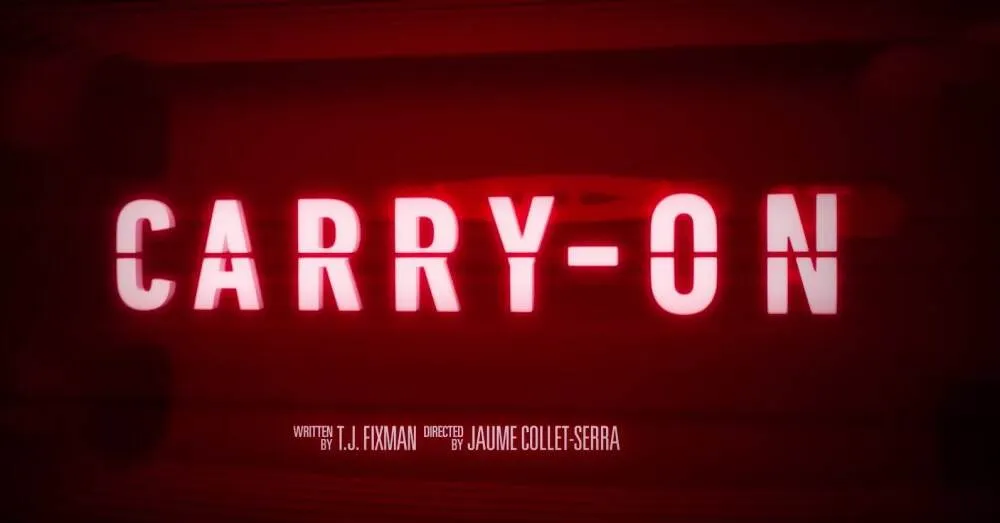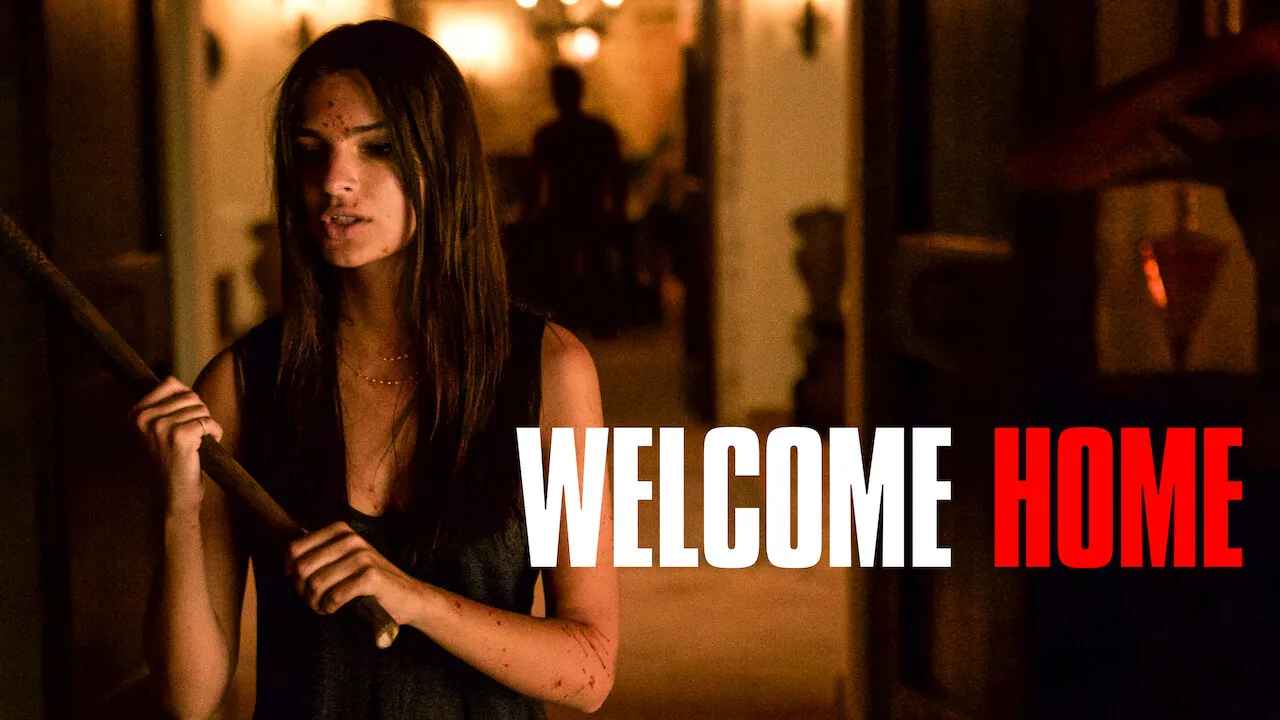Free Fall – A Raw and Poignant Exploration of Identity and Desire
Free Fall (original title: Freier Fall) is a 2013 German drama film directed by Stephan Lacant, starring Hanno Koffler, Max Riemelt, and Katharina Schüttler. The film dives deep into themes of identity, love, societal pressure, and personal transformation. With its emotionally charged narrative and authentic performances, Free Fall has garnered critical acclaim and a dedicated international following for its realistic portrayal of a man caught between duty and desire.
The story follows Marc Borgmann (Hanno Koffler), a young police officer training for a special unit in Germany. He lives with his pregnant girlfriend Bettina (Katharina Schüttler) and leads a seemingly stable, conventional life. However, everything begins to change when he meets fellow police officer Kay Engel (Max Riemelt) during a training program. The two men begin an intense and passionate relationship that challenges Marc’s sense of self, his values, and his future.

Marc finds himself in emotional turmoil as he tries to balance the life he has built with the powerful feelings he develops for Kay. The relationship is not just a sexual awakening but a profound emotional connection that forces Marc to question the rigid structures of masculinity and conformity in his world. As he attempts to navigate the pressures of his career, his responsibilities as a father-to-be, and his growing inner conflict, Marc spirals into a state of confusion and crisis.
The strength of Free Fall lies in its honest and unflinching approach to the complexity of its characters. It avoids clichés and instead presents a deeply human portrait of a man facing a crossroads. The film doesn’t provide easy answers or a neatly tied-up ending, which adds to its emotional realism. It captures the suffocating weight of societal expectations, especially in a profession like law enforcement, where vulnerability is often seen as weakness.
Hanno Koffler delivers a raw and heartbreaking performance as Marc, portraying his descent with remarkable nuance. Max Riemelt’s Kay is both charismatic and enigmatic, serving as a catalyst for Marc’s transformation. Katharina Schüttler also deserves recognition for her portrayal of Bettina, who must confront the unraveling of the life she thought she knew.

Visually, the film is beautifully shot with a naturalistic style that mirrors the emotional tone of the story. The use of silence, body language, and atmosphere adds to the tension and intimacy of the film. Director Stephan Lacant deserves praise for his sensitive handling of such a difficult and deeply personal subject.
In conclusion, Free Fall is a powerful film that explores love, identity, and the consequences of living inauthentically. It resonates with anyone who has ever questioned the path they are on or felt trapped by the roles they are expected to play. With its fearless storytelling and emotional depth, Free Fall stands as one of the most significant queer dramas in recent European cinema — a film that lingers long after the credits roll.


-1751957913-q80.webp)
